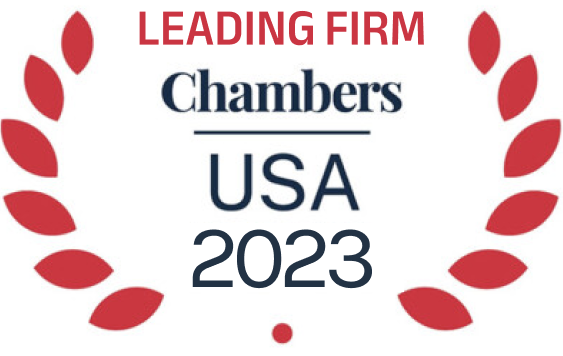
IRS Whistleblower Law
What is the Tax Whistleblower Program?
Under the Tax Relief and Health Care Act of 2006, the IRS Whistleblower Office pays money to whistleblowers who report individuals or companies who owe taxes. If the IRS uses information provided by the whistleblower, the whistleblower is entitled to compensation of up to 30% of the additional tax collected. The act also provides for whistleblower confidentiality.
Our whistleblower attorneys can help you file your IRS whistleblower claim, or answer any questions.
Considering being an IRS tax whistleblower?
Free consultation.
IRS Whistleblower Compensation under the Tax Relief & Health Care Act
The Tax Relief and Health Care Act provides for different levels of whistleblower compensation, depending on the amount in question. If the corporation:
- Owes more than $2 million (or individual earns more than $200,000 annually) – IRS will pay the whistleblower 15-30% of the amount collected. If the whistleblower disagrees with the outcome of the claim, he or she can appeal to the Tax Court.
- Owes less than $2 million (or individual earns less than $200,000 annually) – The maximum whistleblower award is 15% of the recovered amount, up to $10 million. If the whistleblower disagrees with the outcome of these claims, he or she cannot appeal.

IRS Whistleblower Claims under the Tax Relief & Health Care Act
Under the Tax Relief and Health Care Act, all information provided to the IRS is confidential. The IRS can only disclose whether the case is open or closed, and cannot disclose whether action was taken. A claim under the Act can be denied if:
- The IRS already had access to the information from another source
- An audit is conducted but no tax liability is found
- Tax liability is found but the taxpayer successfully appeals the ruling
- The taxpayer cannot pay what is owed
Our IRS Whistleblower Attorneys
Eric Gibbs
Eric prosecutes financial fraud and other mass torts matters. He has recovered billions of dollars for clients and led high profile class actions.
View full profileDylan Hughes
Dylan concentrates his practice on investigating and prosecuting fraud matters on behalf of whistleblowers, consumers, and employees.
View full profileAmy Zeman
Amy has built a reputation in the plaintiffs’ bar for delivering results to consumers and sexual assault survivors in class actions and mass torts.
View full profileAaron Blumenthal
Aaron represents consumers, employees, and whistleblowers in class actions and other complex litigation.
View full profile



